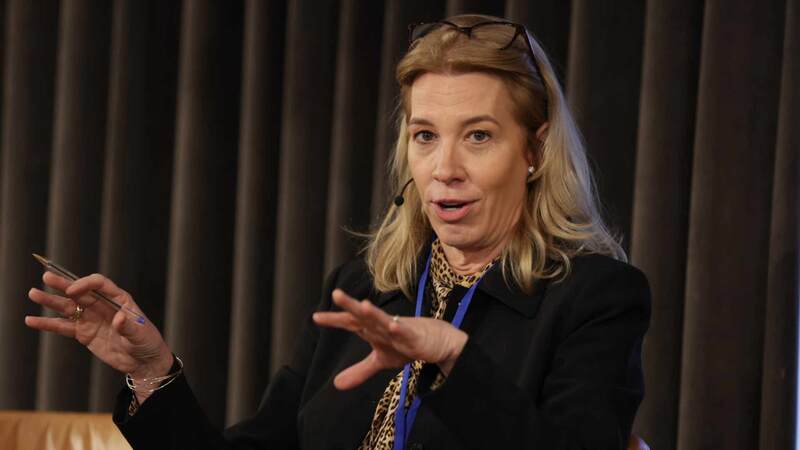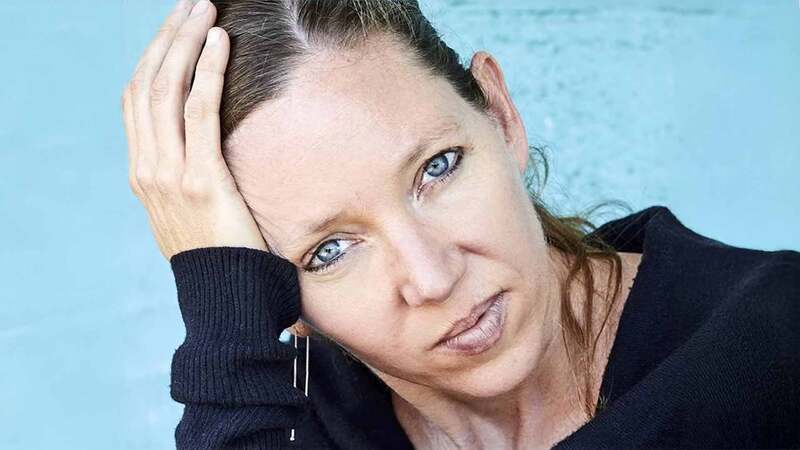You are viewing your 1 free article this month. Login to read more articles.
How to live a lie
I’ve long been fascinated by secrets: when they’re healthy, and when they’re necessary; when they’re harmless and when they start to fester into something more destructive.
When does a tactful silence start to become a lie of omission, and how well can we ever really know those we love? In my new novel I set out to explore a devastating secret: the discovery that your husband or father has been living a whole other life.
Patrick Connolly is a charismatic plastic surgeon from Belfast who is headhunted by a fledgling cosmetic surgery clinic on Harley Street in the early 1970s. He starts flying over twice a month, falls in love with a much younger nurse, and begins an affair. For the next decade and a half he leads a double life, housing a wife and two children in Belfast as well as a mistress and two children in London, until the truth – as the truth often does – emerges. The novel is narrated by the mistress’ daughter, Lara, now grown-up. After her mother’s death she sets out to write her memoirs in an attempt to understand the father she never really knew, the mother who wouldn’t leave him, and the devastation they left behind.
The End of the Affair
I was influenced by Graham Greene’s taut, spare masterpiece The End of the Affair, and by one of my all-time favourite books, The Weather in the Streets by Rosamond Lehmann. The latter, about an unhappy love affair in 1930s London, has been called “the ultimate love story” by Vogue editor Alexandra Shulman, and Virago editor Carmen Callil declared it her generation’s Bridget Jones’s Diary. Neither of these books are contemporary, but the themes they deal with – love, lies, betrayal and forgiveness – resonate as much today as they must have done then.
Few people would imagine – and almost nobody must want to – ending up in the situation in which Lara’s mother does in my novel, being the ‘second family’ of a married man who can’t, or won’t, leave his wife and legitimate children, a half-life of shame, secrets and social stigma.
And yet, as I found, it’s a situation more common than you might at first think. Fiction is a way of understanding how someone – how you, or I, or our mother, or sister – could end up so far from who or how we thought we would be.
All the Beggars Riding by Lucy Caldwell is out now, published by Faber.















